The Rise and Fall of Modern Japanese Literature
The Rise and Fall of Modern Japanese Literature
John Whittier Treat
The University of Chicago Press
Chicago and London
The University of Chicago Press, Chicago 60637
The University of Chicago Press, Ltd., London
2018 by The University of Chicago
All rights reserved. No part of this book may be used or reproduced in any manner whatsoever without written permission, except in the case of brief quotations in critical articles and reviews. For more information, contact the University of Chicago Press, 1427 East 60th Street, Chicago, IL 60637.
Published 2018
Printed in the United States of America
27 26 25 24 23 22 21 20 19 18 1 2 3 4 5
ISBN-13: 978-0-226-81170-3 (cloth)
ISBN-13: 978-0-226-54513-4 (paper)
ISBN-13: 978-0-226-54527-1 (e-book)
DOI: https://doi.org/10.7208/chicago/9780226545271.001.0001
The University of Chicago Press gratefully acknowledges the generous support of the Suntory Foundation toward the publication of this book.
Published with the assistance of the Frederick W. Hilles Publication Fund of Yale University.
Library of Congress Cataloging-in-Publication Data
Names: Treat, John Whittier, author.
Title: The rise and fall of modern Japanese literature / John Whittier Treat.
Description: Chicago ; London : The University of Chicago Press, 2018. | Includes bibliographical references and index.
Identifiers: LCCN 2017041010 | ISBN 9780226811703 (cloth : alk. paper) | ISBN 9780226545134 (pbk. : alk. paper) | ISBN 9780226545271 (e-book)
Subjects: LCSH: Japanese literature19th centuryHistory and criticism. | Japanese literature20th centuryHistory and criticism.
Classification: LCC PL726.55 .T68 2018 | DDC 895.609dc23
LC record available at https://lccn.loc.gov/2017041010

This paper meets the requirements of ANSI/NISO Z39.48-1992 (Permanence of Paper).
Contents
Modern, Japanese, Literary, History
In Italo Svevos novel The Confessions of Zeno , Zeno Cosini is seated in a caf when he overhears one man tell another how fifty-four bones in the human foot must work in perfect coordination for a human to walk. When Cosini rises to leave, he finds himself limping, now so aware of the theoretical complexity of bipedal locomotion that he can no longer do what was once natural. The predicament of Svevos hero resembles that of anyone today who would write literary history, or any history predicated on causality so abridged as to be easily articulable. Indeed, apropos another academic discipline that has stalled before the difficulty of synchronizing the complex, Clifford Geertz named the hallmark of modern consciousness... its enormous multiplicity. Anthropologist or historian, we are now so cognizant of the manifold subtleties of cultural artifacts, their genealogies, and our interpretations of them that we hardly know where literally or figuratively to begin tracing their trajectory. Cosini only hopes to walk across the room. The literary historian must circumambulate his subjects entire edifice.
Literary historys charge to us was once ambitious but straightforward. It was to tell a story that combined other storiesour fiction, poetry, and playswith their moment in time, and thus model history. It was by necessity a hybrid genre, encompassing criticism, biography, and intellectual or social historiography but organized under and by a narrative of progress. We are now more skeptical about the utility of history and narrative. Indeed, the illusionary coherence with which we now indict any narrative, but perhaps especially the historical, is a sign of how far the assumptions of literary modernism, already apparent in the nineteenth century, have undermined the foundations of many arenas of knowledge. So axiomatic is our skepticism that a book even as casually structured and argued as the present one, purporting to narrate something as elusive as literary history, must either coyly renounce the aims it pursues (by insisting, for instance, that history has nothing to do with the past but still signifies something ) or install an apology as a coda. I do the latter. I am interested in how something called modern Japanese literature coalesced, and I believe answers can be found in the archive. But at the same time (here comes the apology) I understand that no resulting literary history claims durable authority. For while each subsequent attempt will doubtlessly add to the immense inventory of how and why writers write what they have, the accounting is never total as long as one deduction only begs another to amend it.
The search in Western literary history for a chain of determined causes and effects in modernity is, in Japan, often a search for WestEast influences and effects and just as quixotic. The generation of Japans literary historians who sought something definitive to say about Japans century and a half of print culture, including Hirano Ken, Nakamura Mitsuo, Isoda Kichi, and Et Jun, is gone. We are left with kas bungakushi : hypothetical literary history whose subject is no longer always literature but its systems ( seido ), ranging from the now unfashionable busywork of sorting writers into schools (Naturalist, Proletarian, Neo-Perceptionalist, New Third Generation, etc.) to the hypercommercialized business of awarding prizes to new and not so new writers.
The historical is commonly construed nowadays as radically subjective in determination. In Michel Foucaults words, it is the most cluttered area of our memory. But that subjectivism nonetheless constitutes a real, insofar as history is equally the depths from which all beings emerge into their precarious, glittering existence. The question of the historical and the real is deferred to speculating what that depth could be: psychology, sets of discourses, even as ineffable a thing as the human spirit. Literary history without the question of just how beings emerge would be as tedious as literature itself without that same inquiry. What we modern beings are is a matter of social practices that, while conditional and variable, are the product of a logic as well as accident. My working assumption in this book is that the history of modern Japanese literature may be impossible to tell without taking note of the odd quirks of individual novelists, but that it also obeys what we understand as the form (read history) of culture in a modern nation-state that has preserved certain institutions and habits of its non-Western past. Literature and so too literary history are themselves integral parts of Japanese modernity and therefore also partake of a worldwide developmental model if with identifiably Japanese elaborations of that model.
This is an uneasy cohabitation, and its fragility plagues those who attempt the history of modern Japanese literature. To the extent that we have learned culturethat complex whole, in E. B. Tylors definition, which includes knowledge, belief, art, morals, law, custom, and any other capabilities and habits acquired by man as a member of society
That said, the structures of many Japanese novels in this regard do not correspond with what readers raised on their Western equivalents might expect. Japanese history since the early seventh century CE has been so shaped by its interrogative responses to the significance of the foreign models imported or imposed (Chinese, Korean, Euro-American) that its novels will inevitably trace a singular history. More important is a far briefer history than literate Japans millennium-plus: that of the opportunities or accommodations that literature has pursued or been consigned to within Japans prison-house of modernity. My history of modern literature in Japan is not the result of an arbitrary periodization. I believe in modernity as a distinct and describable episode, and one I suggest in the last chapter that has come to an end and a beginning. Despite the modern periods brevity, two of the three truly major events in all of Japanese historythe 1868 Meiji Revolution (usually referred to as the Meiji Restoration) and the Second World War in the mid-twentieth centuryoccurred within it. Western modernity, now over three hundred years old, registered that moment when the word modern came to mean now, but defining the modern is harder than dating it, and so it is in Japan. It has been identified with the rise of a self-conscious subjectivity and with our status as objects of technological modernization; with rationality and faith in progress, the rise of capitalism and the ascendancy of the bourgeoisie and with the critique of those ideas as an inevitable ensemble; with an attitude toward historical chronology that posits origins and with life as a sense of the fleeting and ephemeral that lacks historical reference; with structures and with their impossibility; with a structure of feeling toward contemporary reality and with social orders where feelings mean nothing; with the contradiction of being both individuals and interrelated. The modern has been linked with the sureness of scientific truth and the honesty of both madness and the imagination; with a split between some meanings that are firmly anchored to their referents and those that are not; with Enlightenment values and the efficiency of Auschwitz; and with both the empowerment and containment of human potential.

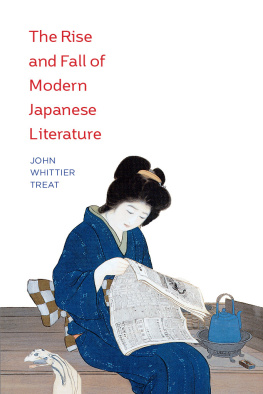
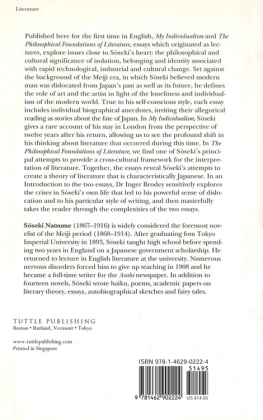
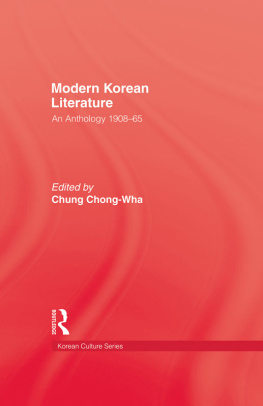

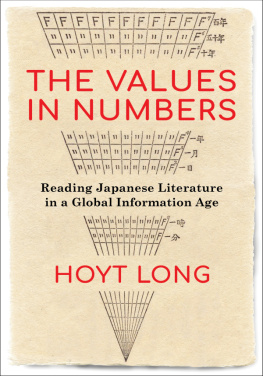
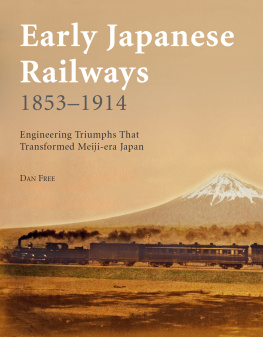
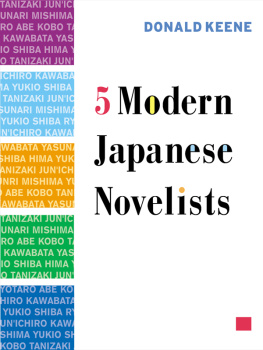
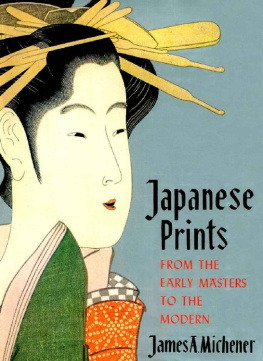
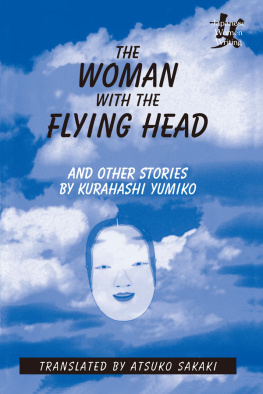
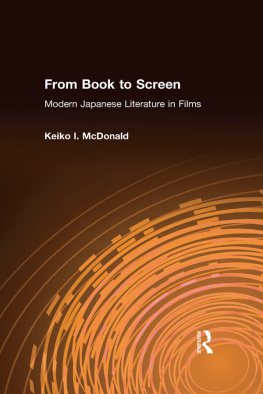
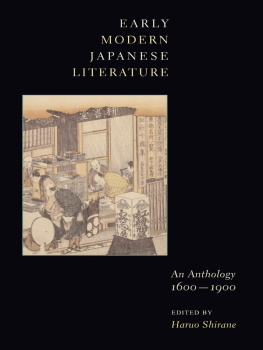
 This paper meets the requirements of ANSI/NISO Z39.48-1992 (Permanence of Paper).
This paper meets the requirements of ANSI/NISO Z39.48-1992 (Permanence of Paper).